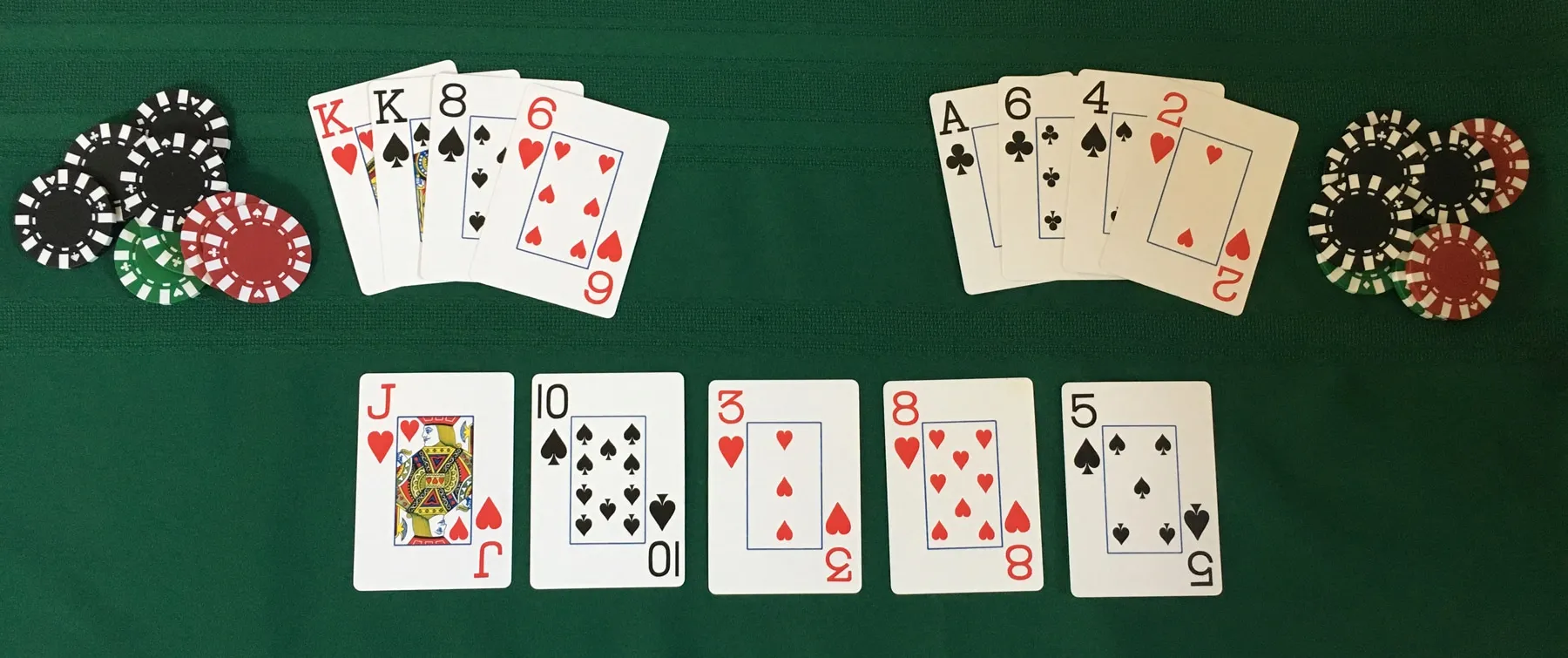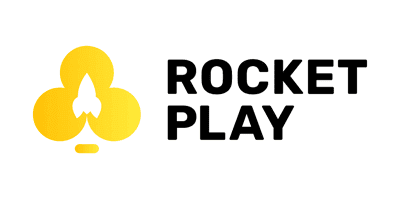Beginner players first and foremost turn their attention to Hold’em, as most poker websites and training portals recommend this discipline for inexperienced users. Many, however, can’t afford to miss a similar card game and sit down at the tables to play for money, not even knowing how to play Omaha poker online.
This Omaha poker guide is all about strategy, not just gameplay. That way you will know what to look for when learning the strategy, and you will learn how to play Omaha poker online poker rooms.
Why Choose Omaha Online?
Omaha poker has many advantages over offline poker. It sounds awkward, but you have to believe it. In an offline game, it’s hard to hold all 4 cards without showing them to other players. However, in online play, your cards are only displayed on your mobile phone or laptop screen. Your opponent can’t see your cards. In online Omaha you will find a wide range of poker games. In addition, you can play comfortably anytime, anywhere on your smartphone. No need to go anywhere to play online Omaha poker.
Choice of Table
If you are a beginner, Omaha poker free is the best choice for you to practice and hone your skills. The next best thing is to choose a table to play on, and it is best to start with cash tables rather than tournaments, looking at the minimum stakes for the table or its limit. The size of bets should be chosen according to the bankroll – your poker capital, which you have on your account in the poker room. In this case, you can use the recommendations of bankroll management for Hold’em poker, although beginners can somewhat tighten its requirements.
As far as staking format is concerned, choose a table of your preference but avoid exotic games such as no-limit for the time being. At Omaha poker online real money if you are a beginner, it is better to play at the pot-limit table or with fixed stakes. Due to the number of players you have, it is advisable to choose a full table where 7-8 players are already playing, not counting you. A long table will allow you to pay the blinds less frequently, due to the larger number of players. After seeding you will be asked to pay the big blind straight away and join the hand. Experienced players rarely do this, and prefer to wait in line until the big blind has arrived.

Starting a Hand
Obligatory bets (except for when the seat is taken) will be placed for you by the free Omaha poker app, so you don’t have to worry about them. However, it is worth paying attention to how you are positioned relative to them and the batten, since this is a basic position play that you should definitely learn. Once the blinds are paid by you or your opponents, the app will automatically dealt cards that will remain hidden from your opponent – this is the starting pocket hand. Immediately, the first bidding will begin – preflop, where you will be required to make important decisions.
Before you bet or fold, you should examine your cards carefully and assess their playability. Playing Omaha poker is not the same as in Hold’em, as hand evaluation is done in a more careful manner. The strongest starting hands are those containing top pairs with other big picture cards, forming connectors with them and offering the prospect of making a senior Straight. In addition, it’s important to pay attention to suits – they also have a particular influence on hand strength. It’s good to have two sets of one-suit cards in your hand, and very bad if you don’t.
The best hand is one that contains a big pair, connectors, and two one-suit groups – allowing for a strong Full House, Straights, and Flushes of different suits. Such a set will provide plenty of outs and can be played safely.
Speculative cards in this type of poker are not to be played, as you will lose more than you gain. So, having assessed your cards, you can proceed as follows:
- Fold – Click Fold if your pocket hand doesn’t offer any prospect of winning the pot and someone else has called a bet. If more than one player has entered the bidding, the situation becomes more complicated, here you should not enter the bidding if the pocket hand is weak.
- Betting is the way to go if the pocket hands give a lot of outs to make a winning combination. However, note that unlike in Hold’em, you should not always raise in this type of poker. You must choose situations where a raise is warranted and situations where it is not.
- Call – it’s important to consider whose bet you’re calling. If you’re faced with a player who calls the raise with his top hands, you have to wonder if your cards compare favorably with his range. If you’re a player who tends to do so every hand, and your hand is rich with outs, you can safely call.
- Raise – With premium starting hands it’s best to raise, especially in a late position when, thanks to your opponents’ bets, you can make a significant raise as the pot size has increased. If you allow multiple opponents into the bidding, your chances of winning even with your best hand will be greatly reduced.
Of course, just like in Hold’em, when you play Omaha poker you will have to make a decision based on many factors and not just your pocket cards. You have to study your opponents particularly carefully, assess their style of play, and always watch their cards at the showdown. Once you understand your opponent’s range and bidding behavior, you’ll have a better idea of when to fold, draw or raise.
Can you learn to play at the free tables
For beginners, it’s safer to start playing online Omaha poker for free at the chip tables. But keep in mind, that you can only learn the rules, not the Omaha poker strategie. Playing against those who are having fun, you will not see the real picture of the game, which is formed at tables with real stakes. Therefore, this kind of poker will not give you the practical experience that can come in handy when you play for money.
Make sure you learn the poker Omaha rules before you sit down at the poker tables. Read our more detailed strategy guides on the game, as well as poker books written by poker pros. Do spend the time to learn the theory and the money to gain practical experience. With a little effort and persistence, you’ll pay off both in a real money game.


